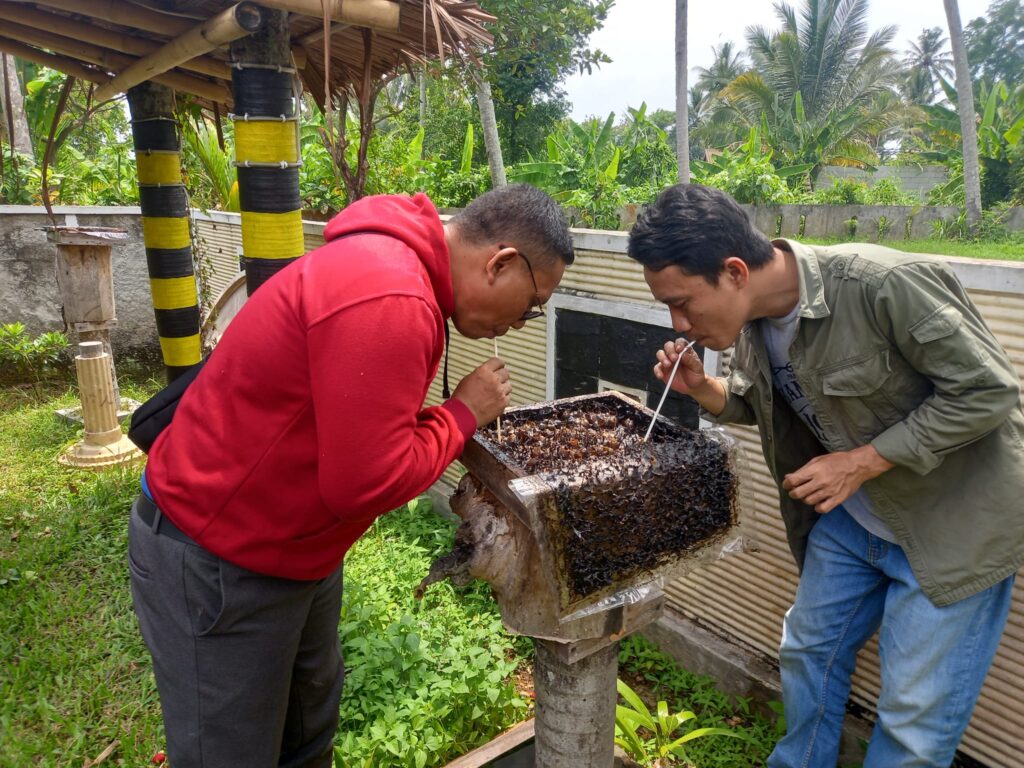
Salak agroforestry system included in FAO’s globally important agri heritage systems
An agroforestry system situated in the driest region of Bali, Indonesia has been recently included in the Globally Important Agriculture Heritage Systems (GIAHS) of the Food and Agriculture Organization (FAO).
In a news release, FAO stated that the Salak Agroforestry System, located in Karangasem, Bali, integrates the cultivation of salak or snakefruit along with other crops, such as bananas, mangoes, and other medicinal plants.
Aside from crop diversification, what makes the salak agroforestry system unique is its water management system, locally called subak. The subak is a democratic water management system, where people in the community collectively decide.
The snakefruit palm’s parts are all utilized in the agroforestry system.
The salak agroforestry system “enhances biodiversity, conserves water, sequesters carbon, and supports food security, while preserving cultural heritage and sustaining local livelihoods,” FAO said.
This agroforestry system was developed by the indigenous Balinese people. It is also guided by traditional Balinese philosophies, which “reflects a harmonious relationship between humans, nature, and spirituality.”
Photo via FAO



